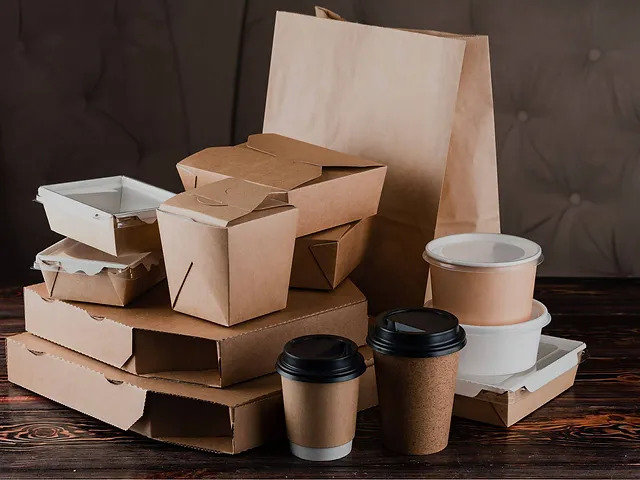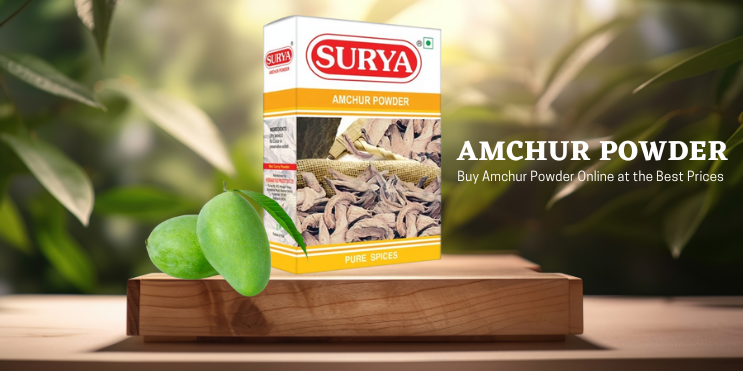Effective negotiation is a critical skill for business owners and managers in the food industry, especially when it comes to working with wholesale food packaging suppliers. The packaging of your food products plays a significant role in preserving quality, ensuring safety, and attracting customers. In this article, we will discuss top tips for negotiating with wholesale food packaging suppliers, helping you secure the best deals while meeting your business needs.
Prepare Extensively
Before entering any negotiation, thorough preparation is key. Research the market, understand the latest wholesale food packaging supplies trends, and know the specific needs of your food products. Having a clear understanding of your requirements and the industry standards will empower you during the negotiation process.
Set Clear Objectives
Define your goals and objectives for the negotiation. Are you looking for cost savings, improved packaging quality, or a long-term partnership with the supplier? Clearly articulating your goals will guide your negotiation strategy.
Establish a Relationship
Building a good relationship with your supplier is essential. Remember that negotiations don’t end with the deal; they set the tone for your ongoing business relationship. Establish trust and open communication with your supplier, as this can lead to better terms in the long run.
Understand the Supplier’s Perspective
To achieve a mutually beneficial agreement, understand the supplier’s perspective. They have their own challenges, such as production costs and market competition. Acknowledging their concerns can make negotiations more productive.
Leverage Competitive Bids
Don’t be afraid to request quotes from multiple suppliers. This not only helps you compare prices and terms but also puts you in a stronger negotiating position. Suppliers often provide more favorable offers when they know they have competition.
Volume Discounts and Commitments
Consider committing to larger purchase volumes in exchange for better pricing. Suppliers are often willing to offer volume discounts to secure long-term business. However, be cautious not to overcommit and end up with excess inventory.
Flexibility in Payment Terms
Negotiate payment terms that align with your cash flow. Extended payment schedules or discounts for early payments can significantly impact your budget and profitability.
Quality Assurance and Testing
Discuss the quality control measures and testing processes the supplier employs. Ensure that the packaging materials meet industry standards and the specific requirements of your food products. Any compromises on quality can lead to product safety issues or customer dissatisfaction.
Inventory and Lead Time
Consider discussing inventory management and lead times. Shorter lead times and efficient inventory management can help reduce storage costs and ensure timely deliveries to meet customer demands.
Long-Term Partnership Benefits
Explore the benefits of a long-term partnership, such as product development support, custom packaging solutions, and price stability. A stable and trusted supplier relationship can offer numerous advantages beyond initial negotiations.
Negotiate Beyond Price
Remember that negotiations encompass more than just price. Discuss other essential factors like packaging design, labeling, and any additional services the supplier can provide, such as storage or transportation solutions.
Legal Agreements
Have legal counsel review any contracts or agreements before finalizing the deal. Ensure that all terms and conditions are clear, and you have a mechanism to address potential disputes.
Conclusion
Negotiating with wholesale food packaging suppliers is a skill that can significantly impact the success of your food business. By following these tips and approaches, you can secure favorable terms, reduce costs, and ensure the quality and safety of your food products. Effective negotiation not only benefits your bottom line but also strengthens your business relationships and positions you for long-term success in the food industry.













